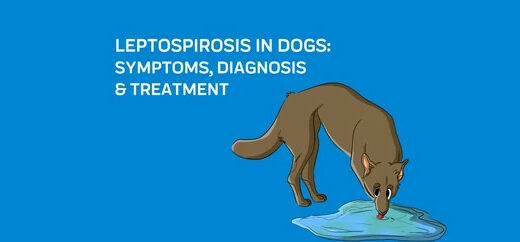Benadryl is one of the most popular over-the-counter allergy medications on the market. If you’ve ever snuffled up once the spring winds start blowing or experienced mild symptoms after a brush with a specific allergen (dander, grass, insect bites), you’ve probably been offered Benadryl. That is if you don’t already take it regularly yourself.
But did you know that many dog owners give their furry friends Benadryl, and not just as an allergy medication? Benadryl (generic name diphenhydramine) has been used to treat a wide swath of symptoms in dogs, from motion sickness and anxiety to as an adverse reaction inhibitor after heartworm treatment or mast cell therapy.
Innovet has put together a complete guide to the information and resources you need to know about before trying diphenhydramine on your dog, from dosage to vet recommendations to potential side effects of Benadryl. Remember that before ever putting your dog on a new drug, you should always consult your veterinarian.
What is Benadryl?
To understand what the diphenhydramine drug known as Benadryl is, you must understand what an antihistamine is and understand what an antihistamine is. You must understand what a histamine is. They are a substance produced by your immune system. They’re like white blood cells for allergies, meaning they target potential threats to the system and automatically act to eliminate them.
The reason you get sneezing, sweating, and watery-eyed symptoms during an allergic reaction are because histamines are trying to expel the foreign allergen from your body. Sometimes, these chemicals get a little carried away; however, the body cannot reign them fast enough. That’s how severe allergies can cause symptoms such as the closure of the breathing passage and cardiac arrest.
This is where antihistamines come in. These are the compounds present in high dosages of diphenhydramine. What they do is block cells’ histamine receptors, meaning allergic reactions are prevented from occurring. Many doctors and veterinarians are encouraging Benadryl use in their human and dog patients, understanding that when allergic reactions come, they can come on suddenly and severely, leaving little time for crisis response.
Many who suffer from common food-borne or other allergies, who develop troubling, but not life-threatening enough symptoms to require something like an Epipen, keep a little of the medication with them at all times.





